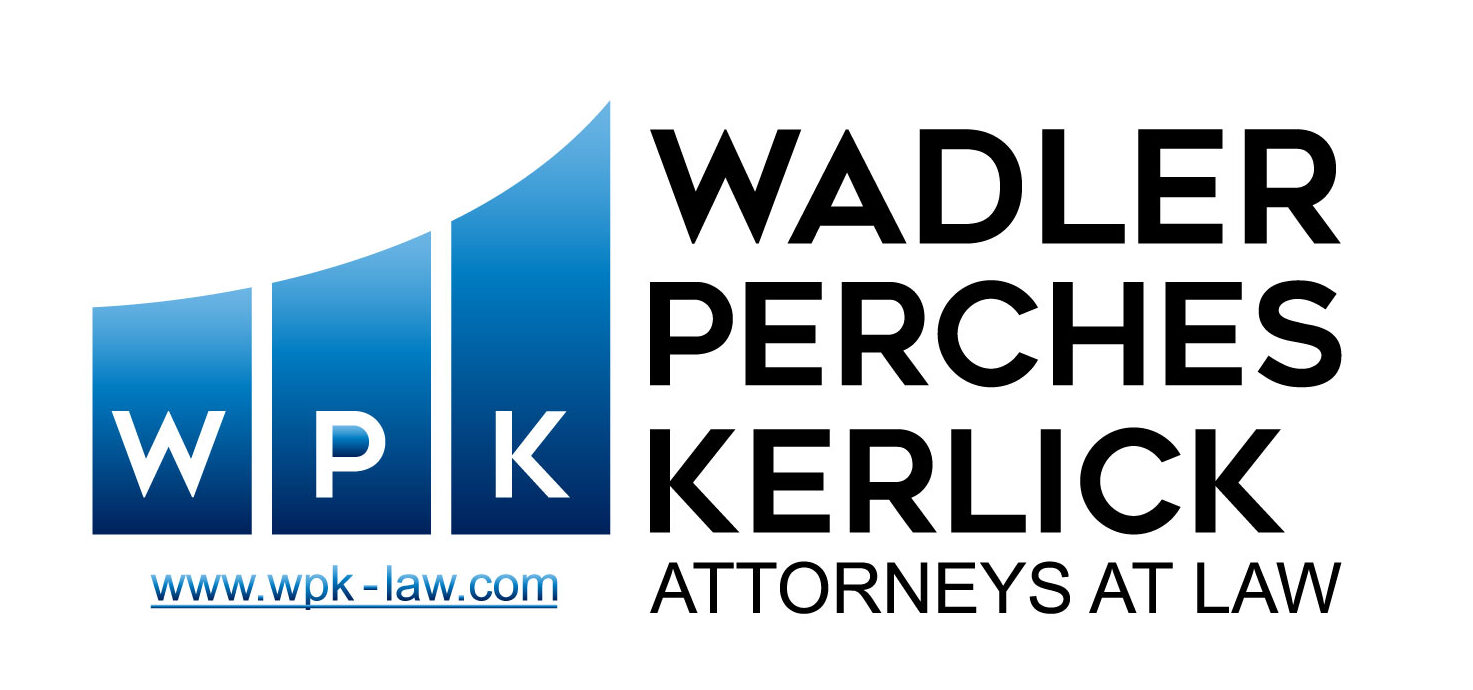Be Aware of Pipeline and Other Easements When Buying Land
Purchasing land can be an exciting venture, but it’s essential to understand any existing easements or encumbrances that may affect your property. Pipeline easements, utility easements, and other access rights can significantly impact how you use your land. Here’s what you need to know to make an informed decision.
Understanding Easements and Encumbrances
An easement is a legal right for a third party, such as a utility or pipeline company, to use a portion of your property for specific purposes. Examples include:
- Pipeline Easements: Underground or surface pipelines for oil, gas, or water.
- Utility Easements: High-voltage transmission lines or utility access.
- Access Easements: Rights for neighboring properties or municipalities to use a portion of your land for roads or pathways.
While some easements, such as high-voltage power lines, are easy to identify during a property visit, others, like underground pipelines, may not be visible. That’s why reviewing legal documents and title commitments is critical.
Steps in the Texas Land Purchase Process
1. The Earnest Money Contract
The process typically begins with an earnest money contract, signed by both buyer and seller, and submitted to a title company. This “opens title” and initiates the title examination process.
2. Title Examination
The title company reviews the history of the property to document the chain of title and confirm ownership. A title commitment is then issued, which outlines the conditions under which a title insurance policy will be provided.
3. Title Commitment Review
The title commitment includes several schedules, with Schedule B being particularly important for identifying encumbrances.
Why Schedule B Matters
Schedule B lists all encumbrances on the property, including easements, deed restrictions, and other rights. Key points to review include:
- Pipeline Easements: Understand their location, size, and terms.
- Utility Easements: Be aware of rights granted to utility companies.
- HOA or Deed Restrictions: Know what limitations or obligations apply.
Some easements may seem inactive or outdated, but they often remain legally enforceable. For example, old pipeline easements may allow companies to reactivate or install new pipelines even decades later.
How Easements Can Affect Property Use
Easements can limit how you use certain parts of your property. For instance:
- Building a driveway over a pipeline easement may require engineering plans and company approval, causing delays or added costs.
- Easement terms might prevent construction altogether in certain areas.
These restrictions can create unexpected challenges for landowners, particularly if they’re working on tight timelines for construction or development.
How to Protect Yourself When Buying Land
- Review the Title Commitment Thoroughly: Pay close attention to Schedule B for any listed encumbrances.
- Request Easement Documents: Title companies can provide copies of easement agreements.
- Consult a Real Estate Attorney: Work with an attorney experienced in property law to review easements and explain their implications.
- Inspect the Property: Look for visible signs of easements, such as pipeline markers or utility poles.
The Role of Schedule C
While Schedule B lists existing encumbrances, Schedule C outlines steps required to resolve any title defects before the transaction can close. These steps ensure that the seller can transfer “good title” to the buyer. However, keep in mind that encumbrances listed in Schedule B will remain in place after the sale.
Why You Need an Experienced Attorney
Understanding how easements impact your property is vital to avoid future headaches. A skilled attorney can:
- Review title documents and easement agreements.
- Help you negotiate easement terms or address potential conflicts.
- Ensure your property purchase aligns with your goals and intended use.
Schedule an Appointment Today
If you’re buying land in Texas, ensure you understand all easements and encumbrances before closing. At Wadler, Perches, Kerlick, we’re here to guide you through the process and protect your interests.
📞 Call or text 800-929-1725 to schedule an appointment. Meetings are available in-person, online, or by phone.
With offices in Fort Bend County, Wharton County, and Matagorda County, we proudly serve clients across Texas. Let us help you navigate the complexities of land purchases and ensure your investment is secure.






